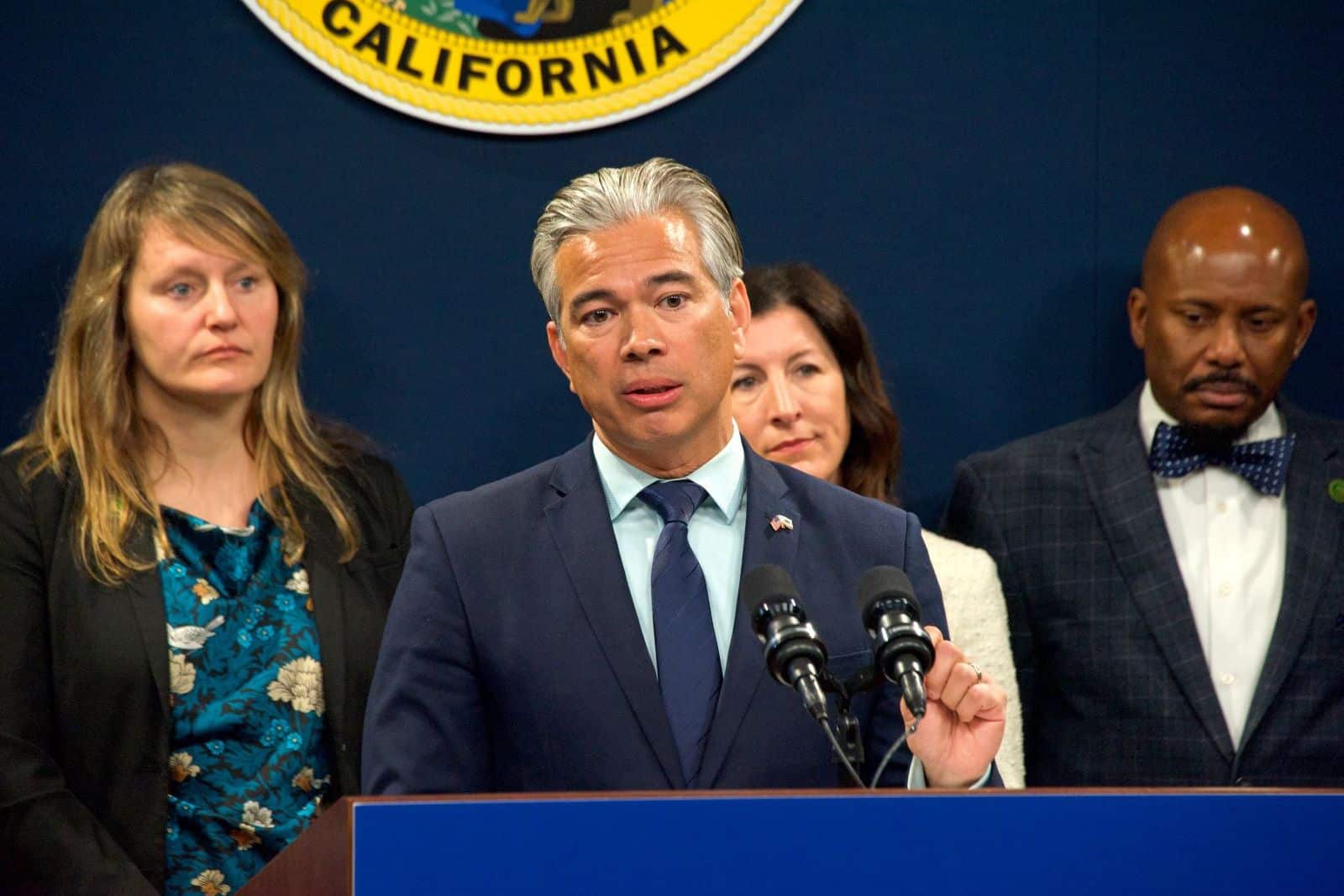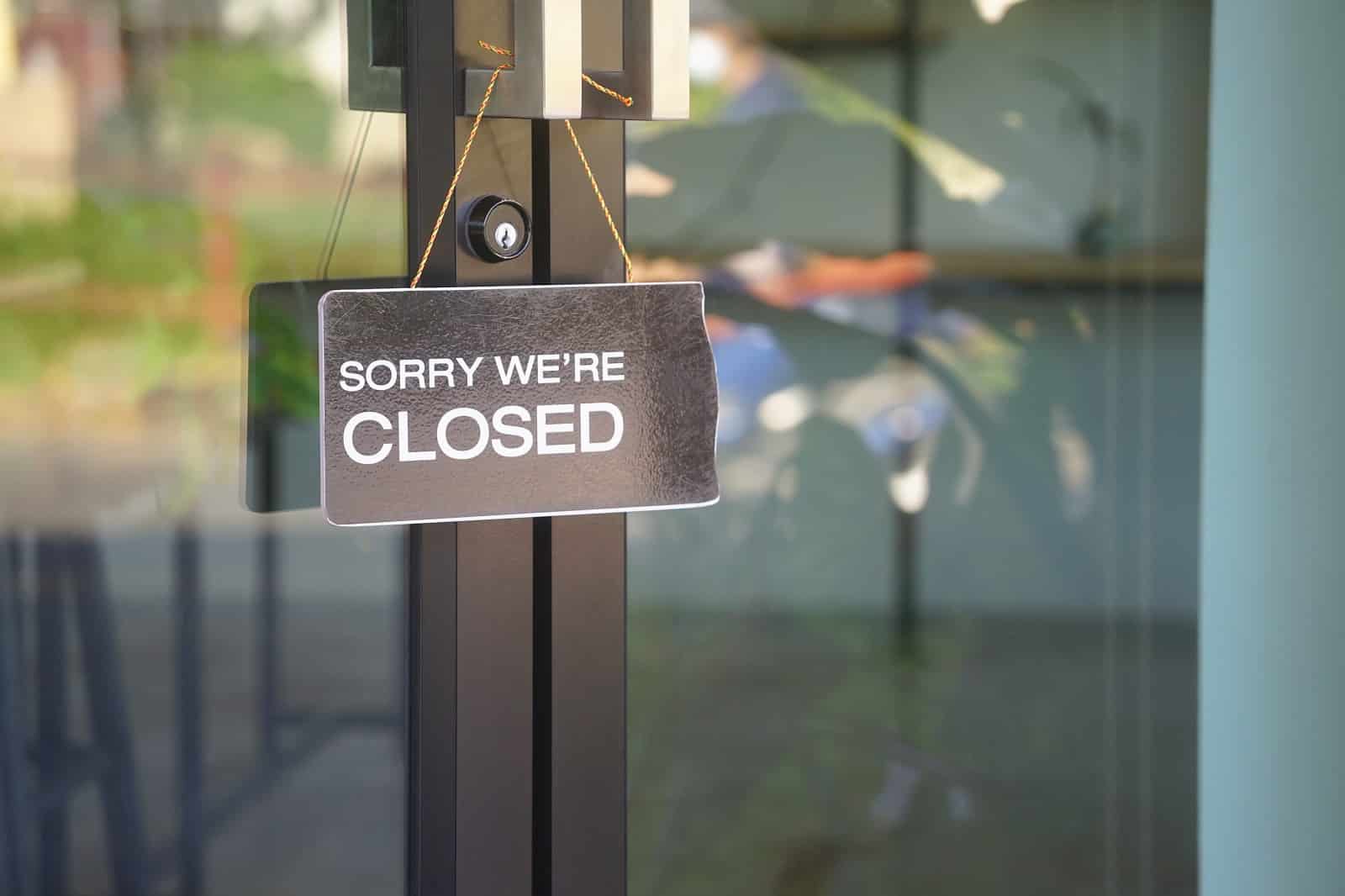California residents might start seeing a difference in restaurant prices across the board this July once a new law comes into effect. Let’s take a look at how these new prices could affect you.
Hidden Fees in Various Services

If you’ve ever been shocked by the extra fees sneaking onto your restaurant bill, showing up unexpectedly when booking a hotel, or snagging game tickets, California hears you loud and clear.
The “Honest Pricing Law”

Starting this July, a new law dubbed the “Honest Pricing Law” or “Hidden Fees Statute” is rolling in, promising price transparency that could shake up how many places do business.
Attorney General’s Explanation

Californian Attorney General Rob Bonta explained it in plain terms, “The law is simple: the price you see is the price you pay.” No more hidden surprises. The law is casting a wide net, reaching thousands of businesses across various sectors.
Scope of the Law

“Our price transparency law is about clear and honest communication with consumers, so consumers can make the financial choices that are best for them and their families,” Bonta later said.
Changes Starting July 1

Come July 1, restaurants will have to revamp their menus, listing one price for each item, including any and all other necessary charges.
Exceptions to the Law

The only exceptions are optional fees, like tipping your server, which don’t typically come on a menu.
Prohibiting Drip Pricing

The Office of the Attorney General’s website explains that the new law is “intended to specifically prohibit drip pricing, which involves advertising a price that is less than the actual price that a consumer will have to pay for a good or service.” Essentially, it stops businesses from advertising prices that don’t include all the fees you’ll actually pay.
Legal Consequences

And here’s the kicker: if a business slips up and doesn’t list all the charges, diners could be in for a huge windfall.
Protecting Consumer Rights

The law is on the customer’s side and allows for “actual damages of at least $1,000” if they mess up.
Enforcement Guidelines

While the state’s guidelines note they will be lenient on initial enforcement – things like tips or fees that get paid directly to workers will get a pass – businesses could still get in hot water over private actions.
Leveling the Playing Field

The idea behind this law is to give you, as a consumer, a clear picture of what you’re actually going to pay. It’s about fairness, so businesses compete on a level playing field based on the real cost of their goods or services. This also helps you compare prices accurately between different sellers.
What Falls Under the Law

This law covers pretty much anything you buy or rent for yourself, like event tickets, Airbnb stays, hotel rooms, eating out, or ordering food to your door.
Positive Feedback

While this change in the law has been welcomed by consumer rights groups and customers across the state, not everyone is happy.
Concerns from Restaurant Owners

Restaurant owners, especially, are feeling the pressure, as the law is essentially waving goodbye to surcharges.
Surcharge Dilemma

Restaurants have relied on these surcharges to pay higher wages in California and to cover the cost of worker healthcare initiatives that local governments have established across the state.
Impact on the Industry

Restaurant owners are worried that the lack of surcharges will negatively impact the industry – which is already struggling due to inflationary pressures – and could put diners off eating out when they see the real cost of their meal, reflected in increased prices for food.
Potential Economic Consequences

They’re also worried that the “sticker shock” of seeing the real prices could lead to restaurants losing business, people losing their jobs, and a domino effect from that point on.
Public Opinion on Hidden Fees

Fees at restaurants are already an unpopular occurrence with diners. According to a November study by the Pew Research Center, seven out of ten adults said they oppose restaurants adding automatic service charges or tips to customers’ bills.
Confusion and Customer Discomfort

Despite customers not liking it, many restaurants still charge hidden fees. Service fees, in particular, are known for confusing customers, who often get stumped when it comes to tipping staff when they’ve just paid a 20% service fee.
Nationwide Implications

However this plays out, price transparency for consumers can only be a positive. This law is going to be the first of its kind in the U.S., which could mean that states across the nation could follow in California’s footsteps and begin to move toward transparent pricing – a move that would be welcomed by many in today’s economy.
The post – California’s Clear Billing Law Set to Transform Prices – first appeared on Minted Pockets.
Featured Image Credit: Shutterstock / Monkey Business Images.
The content of this article is for informational purposes only and does not constitute or replace professional financial advice.





